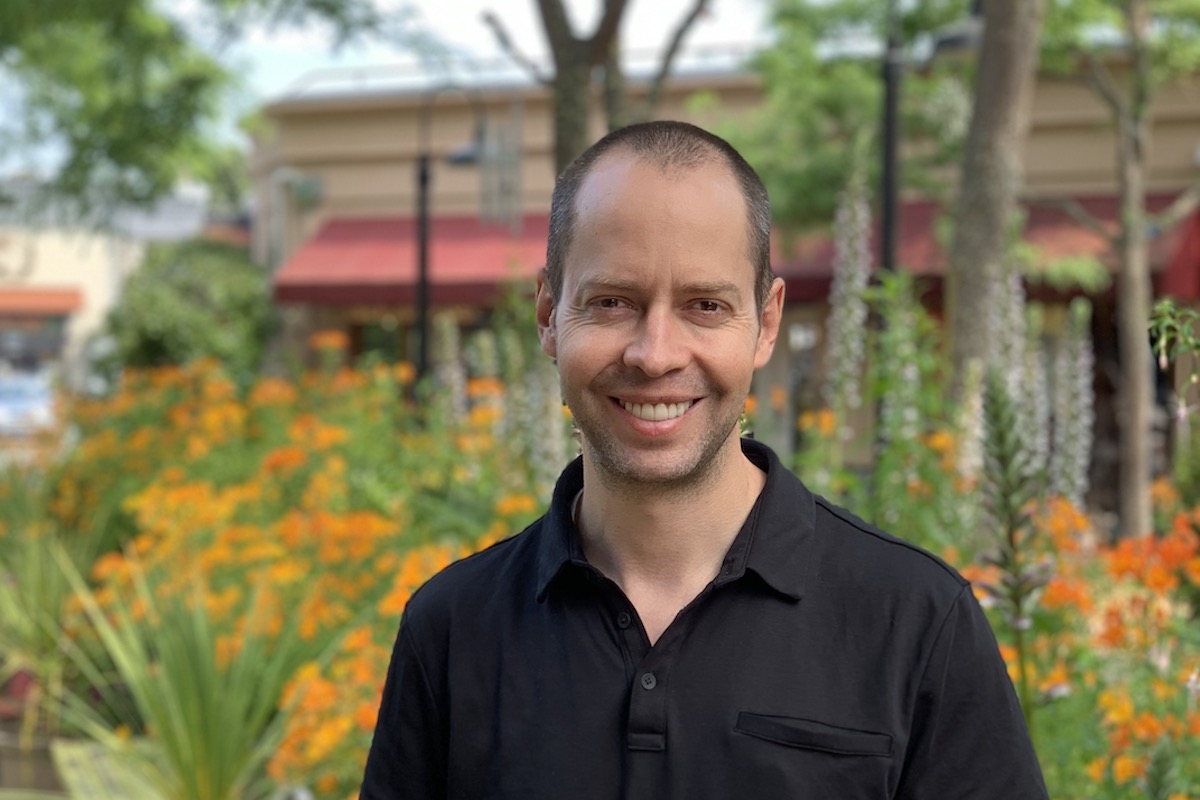Shape CEO Francois Vigneault. (Shape photo)
Shape Therapeutics, a Seattle preclinical biotech company developing RNA editing and gene therapy technologies, has raised $ 112 million.
The company’s RNA editing technologies come from the laboratory of co-founder Prashant Mali, a bio-engineer at the University of California, San Diego, who sits on Shape’s scientific advisory board. Shape is also improving methods of introducing genetic material into cells.
“We continue to leverage the potential of RNA therapeutics to redefine the standard of care for genetic diseases,” said CEO and co-founder Francois Vigneault, former VP of research at Juno Therapeutics, a flagship cell therapy company in Seattle, that of Celgene in was acquired in 2018. Other Juno veterans at the company include Adrian Briggs, Head of Platform Technologies, and David Huss, Vice President and Head of Research.
The company is working to improve AAV vectors, a gene therapy delivery system that is the backbone of FDA-approved gene therapies for spinal muscular atrophy and a rare visual disorder. Shape Therapeutics is developing AAV vectors that deliver genetic material directly to the nervous system or muscle, according to a press release. Its vectors can be used to deliver a wide variety of genetic payloads, including components of its RNA editing technology.
 Shape Therapeutic’s RNA Fix processing technology. (Shape graphic)
Shape Therapeutic’s RNA Fix processing technology. (Shape graphic)
Shape’s RNA editing technology could potentially be used to treat genetic diseases and for other purposes, such as changing the amount of a key regulatory enzyme in the body.
The company expects its technology to be applied in a “wide range of therapeutic areas,” Vigneault said in the press release. He cited Parkinson’s disease, Alzheimer’s disease, alpha-1 antitrypsin deficiency and Rett syndrome as examples.
One challenge for RNA editing approaches is that, according to Nature, they can only provide small amounts of corrected protein.
A major advantage of RNA editing, however, is that, in contrast to DNA editing, changing an RNA sequence does not have any permanent effects on the genome, since RNA is only produced temporarily in the body. The approach can also minimize the possibility of the body having an immune response to the all-human RNA-editing components. “You really don’t need heavy machinery to target RNA,” Mali said in an interview with Nature.
Don Cleveland is a member of the company’s scientific directorate and was awarded the Breakthrough Prize in Life Sciences in 2018 for his work on RNA therapies in animal models of Huntington’s disease and amyotrophic lateral sclerosis (ALS), also known as Lou Gehrig’s disease has been.
Form, founded in 2018, will compete against other companies working to improve AAV vectors and gene therapies, including Affinia Therapeutics and Dyno Therapeutics. Biotech companies involved in the development of RNA-based therapeutics include Beam Therapeutics, Locana, and Korro Bio.
The $ 112 million Series B financing round was jointly led by Decheng Capital and Breton Capital, with participation from Willett Advisors and further by New Enterprise Associates and Mission BioCapital. The funding builds on a $ 35.5 million Series A funding in 2019 involving CureDuchenne Ventures, the investment arm of CureDuchenne, a nonprofit committed to finding cures for Duchenne muscular dystrophy dedicates.
